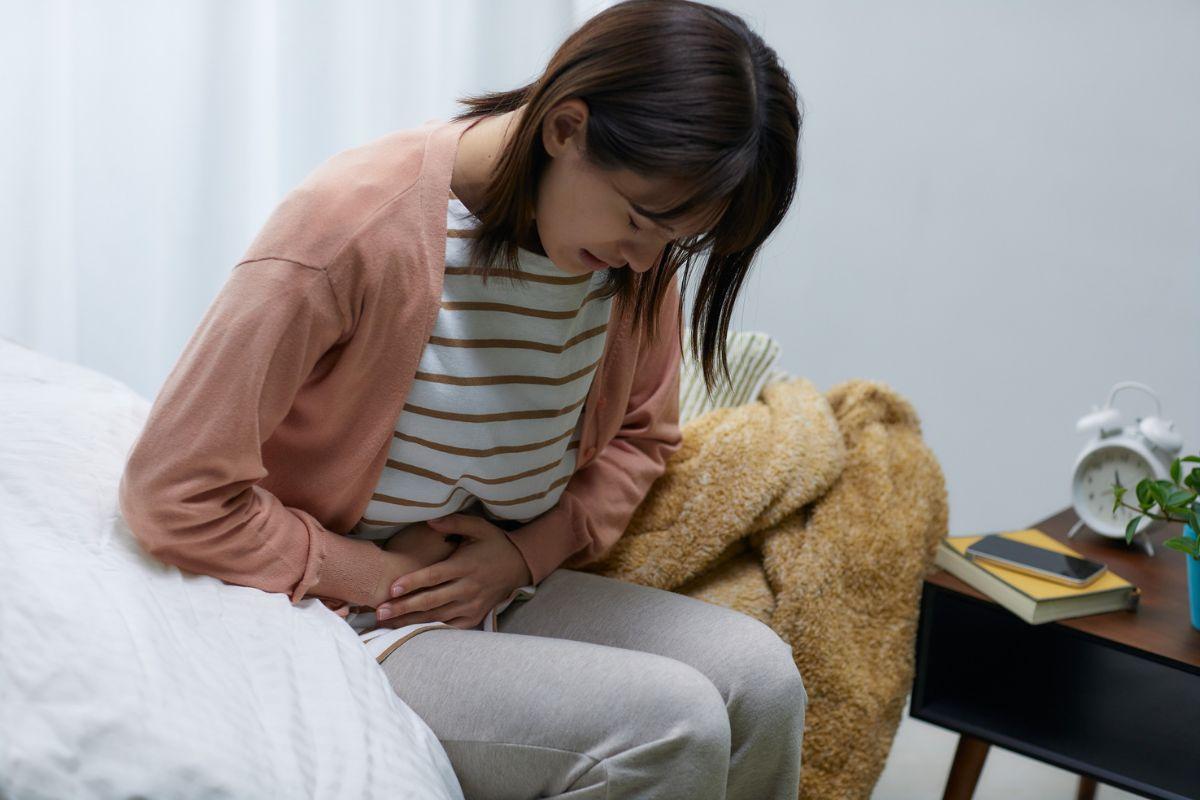Written by Mr Jayanta Chatterjee for Doctify
For women, adolescence is not the only period of hormonal upheaval and physical change. Menopause can be an incredibly challenging time and knowing what is ‘normal’ and what isn’t can be tricky.
Doctify Gynaecologist, Mr Jayanta Chatterjee is here to tell us a little more about what to expect and what to do if you notice something unusual.
What are the most common causes of post-menopausal bleeding?
Post-menopausal bleeding, although an alarming symptom is usually related to benign causes. Some of the commonest causes are atrophic vaginitis due to lack of oestrogen, trauma, cervicitis or infection. Even benign uterine or cervical polyps can cause post-menopausal bleeding. However, any episode of post-menopausal bleeding without an obvious cause needs to be investigated to rule out uterine cancer.
When should you see a doctor?
Any episode of unprovoked post-menopausal bleeding should be investigated to rule out any sinister pathology. Bleeding occurring at least one year after the last menstrual period in the presence of other evidence of ovarian failure should prompt you to seek an appointment with your GP.
In the following circumstances women should be referred urgently to a Gynaecologist led rapid access service:
- Women not on hormone replacement therapy with post-menopausal bleeding.
- Those on hormone replacement therapy with persistent or unexplained post-menopausal bleeding after cessation of hormone replacement therapy for 6 weeks.
- Women on hormone receptor maintenance drugs for breast cancer with post-menopausal bleeding.
Investigations –
- Trans-vaginal ultrasound of the pelvis is a highly reliable method for detecting endometrial cancer. In patients with postmenopausal bleeding, if the thickness of the endometrium is uniformly 5 mm or less, the probability of endometrial cancer is less than 1%.
- The combination of abnormal vaginal bleeding and an endometrial thickness 5 mm or greater is 92% sensitive and 57% specific for endometrial cancer
- However, sometimes direct visualisation of the uterine cavity using a camera is necessary for diagnosing and occasionally treating the cause for post-menopausal bleeding
What are the treatment options?
Depending on the cause for post-menopausal bleeding there are various treatment options. Sometimes by just using local oestrogen replacement therapy we can treat bleeding caused by atrophic vaginitis. Treating infection, removing polyps and using progesterone based intra-uterine systems are some of the treatment modalities used, depending on the reason that resulted in a woman experience post-menopausal bleeding. If investigations lead to a diagnosis of pre-cancerous or cancerous changes of the uterus; removal of the uterus/cervix/ tubes and ovaries is the mainstay of treatment (hysterectomy and bilateral salphingo-oopherectomy). This is now mostly carried out by minimal access surgery (Laparoscopic/ Robotic). Cancer treatment is usually carried out by an accredited cancer specialist.
Are there any lifestyle changes you can make to lessen the risk of developing uterine cancer?
Research has shown that certain factors can lower the risk of uterine cancer:
- Taking birth control pills, especially over a lengthy period of time
- Considering the risk of uterine cancer before starting hormone replacement therapy (HRT), especially oestrogen replacement therapy alone. Using a combination approach to HRT may help lessen risk.
- Maintaining a healthy weight and having a balanced diet and cutting out unhealthy fats and carbohydrates from your meals
- If diabetic, maintaining good disease control such as regularly monitoring blood glucose levels
- Losing weight and exercising to keep your body mass index within a normal acceptable limit
Are there any other health conditions associated with menopause?
The onset of menopause can result in various changes in a woman’s body due to the lack of sufficient oestrogen. This can lead to vasomotor symptoms like mood swings, night sweats and irritability. Long term effects include the risk of developing osteoporosis, sexual dysfunction, skin changes and cardiovascular changes. These effects can last for months and years after cessation of periods and is often of varying duration in different individuals.




